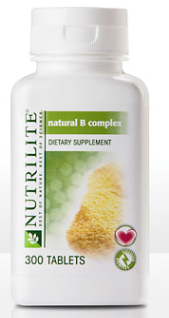|
Folic Acid | Benefits, Overdose, and Deficiency Symptoms
Folic acid takes part in the metabolism of proteins and is vital for normal growth and wound healing. One of the most important functions of folate or folic acid is the production of new body cells and tissues. An adequate supply of this vitamin is critical for pregnant women. Folic acid enables pregnant women to create new tissue during and after pregnancy; it also enables the production of fetal tissue during pregnancy. Folic acid also dramatically reduces the risk of spinal cord birth defects. This vitamin is known as "the pregnancy vitamin" for it's ability to aid in a healthy pregnancy and healthy delivery. Folic acid is best taken during the early stages of pregnancy. Folic acid taken in the later stages of pregnancy should be done under the close supervision of a doctor.
Folic Acid Food SourceFolic comes from the Latin word folium, meaning foliage, meaning plant leaves. This vitamin is found primarily in leafy green vegetables. Even though folic acid is plentiful in fresh, unprocessed foods, deficiency is still very common. Because most people do not eat uncooked green leafy vegetables, folic acid is added to a variety of processed foods to fight the very common deficiency. Folic acid is found in spinach, kale, chard, and broccoli. It is also found in corn and wheat. Folic Acid Overdose and Deficiency SymptomsThe risk of overdose from folic acid is low because folate is a water-soluble vitamin and its excess is removed from the body through urine. Folate deficiency can lead to many serious side effects such as, diarrhea, depression, confusion, anemia. Folic acid deficiency is especially dangerous in pregnant women because it can lead to fetal birth defects, fetal development issues, and fetal brain defects.
Return to B-complex Vitamins Intro
|








